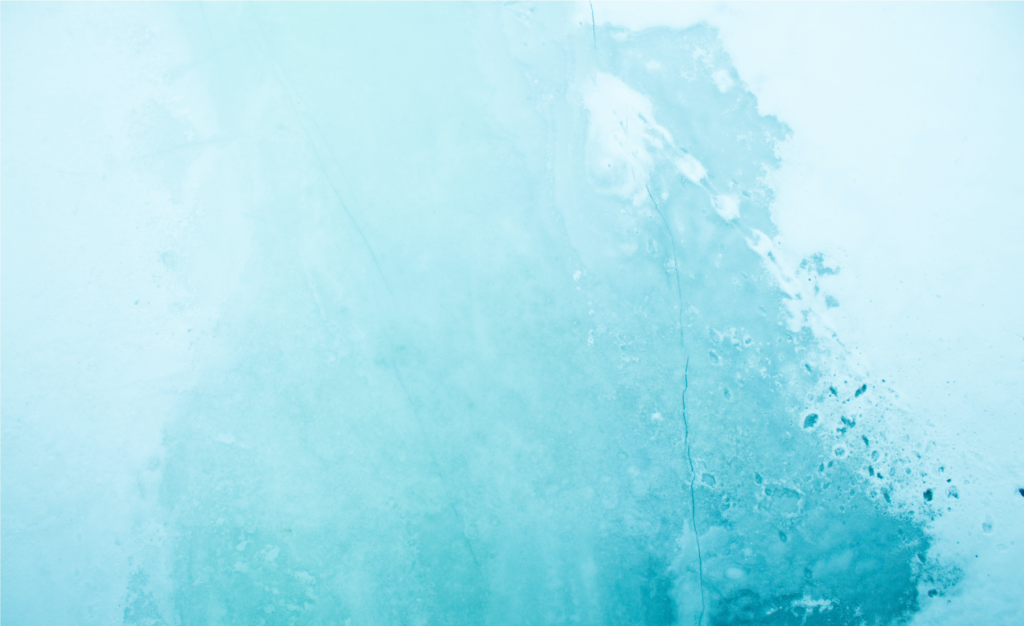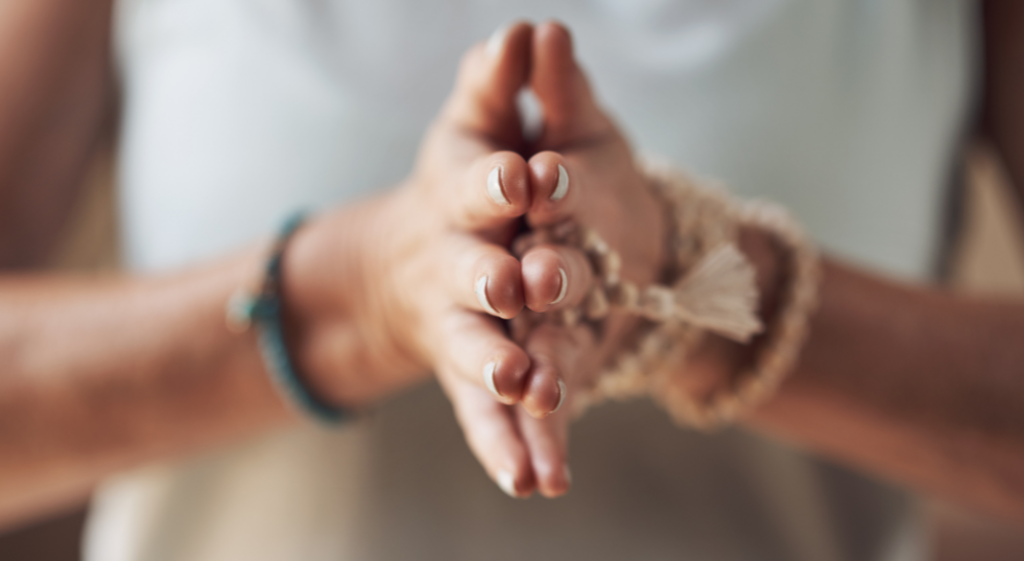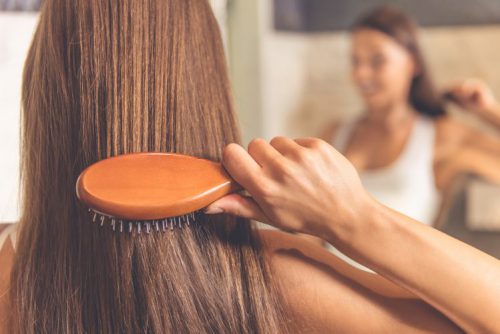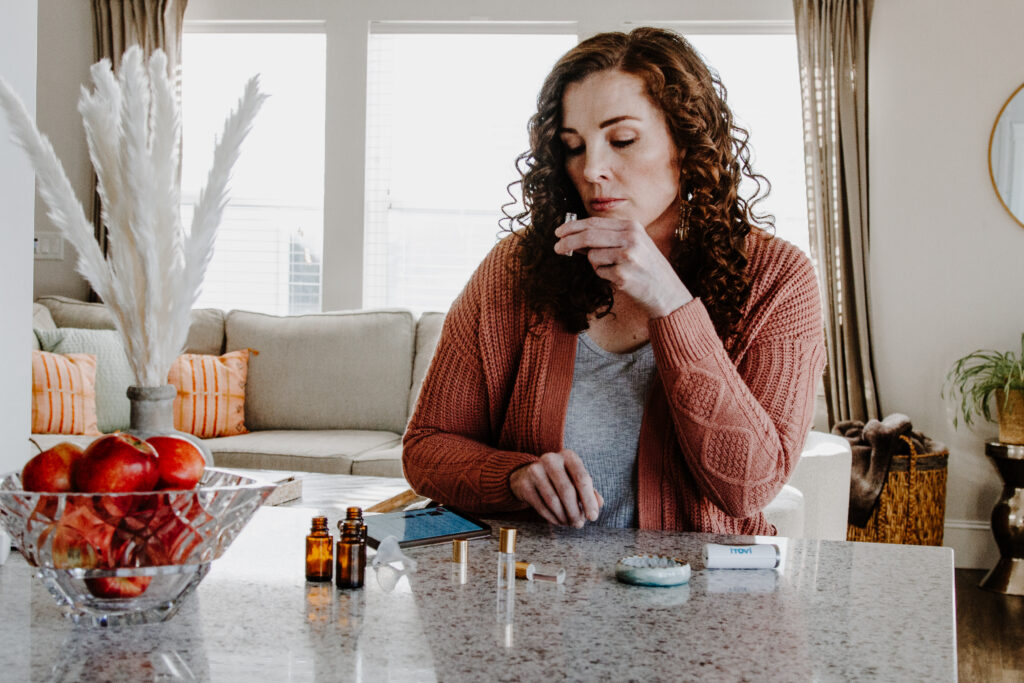
Let’s be honest—most scars aren’t sexy.
Oh sure, if you have a cool-looking scar in a not-too-inconvenient place that comes with a great story (like a daring four-wheeler stunt or the dramatic rescue of a small animal from danger), then you might enjoy having a scar.
But most scars? Annoying acne scars that break up your complexion, itchy post-surgery scars that may remind you of a health scare or a traumatic accident…yeah, those we could do without.
So, what can we do about scars? Can they be erased? Faded? What do we have to do? And how can essential oils help? Here are the major factors to keep in mind:
Timing
The best time to erase, fade, or minimize a scar is during the initial healing of the injury that caused the scar.
Old scars are much harder to tackle! After all, your skin has already grown back and it has had time to settle into its new scarred form.
So the first thing to do, whenever anything happens to damage your skin (acne, surgery, skin-altering illness, etc), is to do your best to optimize the skin’s healing process.
As ever, “an ounce of prevention is worth a pound of cure”. If you can protect your skin with a solid, regular skincare routine, regular use of sunblock, wearing PPE (personal protective equipment) when needed, and generally following safety guidelines in your life, you may avoid many injuries (including acne) and thus prevent many scars.
But, no one gets through life without a few bumps and scrapes. So, whenever your skin is damaged…
Optimizing the Skin’s Healing Process
Here are a few things you can do to take care of your skin after it has been damaged.
Keep it Clean
Keep any injury site clean! There are bacteria all around in this world and if they get into your wound they may worsen it, cause the healing process to take longer, and lead to deeper/worse scarring. Carefully follow your doctor’s instructions for keeping any surgery sites clean.
Regularly wash your skin, especially your face, with gentle, natural cleansers.
Some essential oils, such as tea tree, rosemary, and lavender have a particular reputation for killing off harmful skin bacteria. Just remember to patch test any oil you want to use on your body and dilute them properly before use (2% for body solutions, 1% for facial solutions). Learn about EO cleansers here.
Be careful about “airing out” wounds. Just a little breathing time might be good when you are changing bandages, but they should be kept covered most of the time. Blowing on any open wound sites to soothe the pain is not recommended as your breath can easily carry bacteria.
Keep it Moist
When it comes to healing, moisture is good! Moisture nourishes the repairing cells, allows important healing nutrients to circulate more easily in the body, and more.
For your face, include regular moisturizing in your skincare routine. Especially if you live in an extreme climate. You can even mix some essential oils into your homemade moisturizer to help with moisture retention (Geranium oil recommended) or provide your skin with additional nourishing ingredients.
For surgical wounds, use Vaseline, silicone bandages, and/or some other moisture-friendly wound dressing.
Nourish Well
Your body can only rebuild your skin tissue if it has all the building blocks it needs!
Make sure to keep up a balanced diet as you are healing—including vegetables, healthy fats, etc (see iTOVi’s Nutrition Guide here).
Also, watch your stress. Excess stress (be it from an unhealthy diet, unhealthy social conditions, poor sleep, excessive sedentariness, etc) takes energy away from the healing process during this vital time. So help your body stay nourished by taking a load off!
Certain essential oils, notably helichrysum, lavender, tea tree, frankincense, and myrrh can help nourish your skin cells, helping them to heal most efficiently. Just be sure to dilute and only apply on the surface of a closed (rather than an open) wound.
Also, as your body deliberately produces extra collagen to help with the wound-healing process, taking some collagen supplements during this time may be helpful.
What About Old Scars?
There is hope for old scars!
The truth is your body is constantly shedding dead skin cells and making new ones to replace the old ones. The speed of this skin regeneration varies with age, but as a general rule, your outer layer of skin (your epidermis) is replaced every few weeks!
This gives your skin constant opportunities to grow back better, stronger, and clearer than it did before!
This doesn’t guarantee that your scars will go away in a couple of weeks. Some scars reach deeper (sometimes much deeper) than the epidermis. And the scar’s initial formation can “teach” the cells in that area to “grow that way”.
But if you keep up a healthy skincare routine (cleansing, moisturizing, gentle exfoliation, nourishment, etc), then you may be able to fade your scars over time!
The Basics of Skincare and Essential Oils
Essential Oils & Facial Cleansers
Essential Oils & Facial Exfoliation
Essential Oils & Facial Toners




